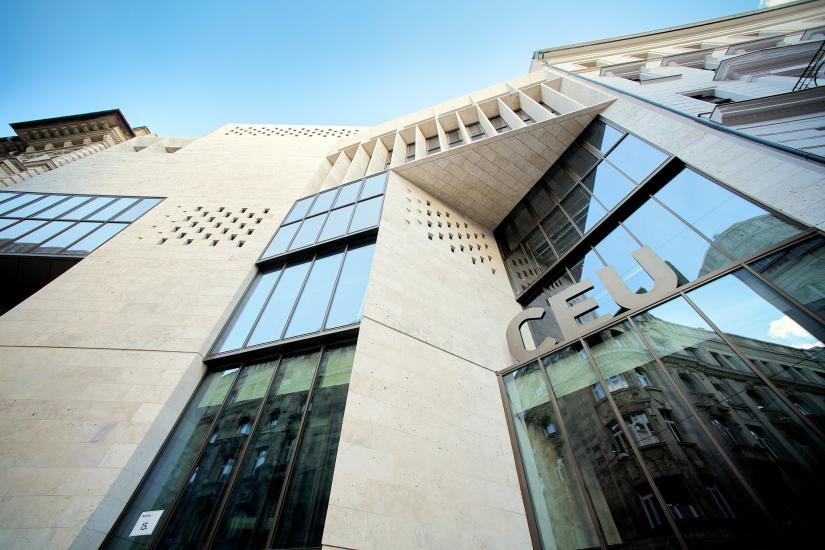
After the collapse of the Soviet Union, the newly gained dominance of liberal democracy as a political regime was accompanied by a newly gained dominance of liberal democracy as a descriptive language. This means that the social science concepts which had been developed for the analysis of Western-type polities were applied to the various phenomena in the newly liberated countries. But the language of liberal democracies perpetuates misunderstanding in the theories and views regarding the present state of post-communism. Using the same analytical categories for the Western as well as the post-communist region inevitably results in conceptual stretching and brings in a host of hidden presumptions, many of which simply do not hold for post-communist countries. Also, the context expressed in the language distorts attempts at empirical analysis and data collection. To break out of the trap of the language of liberal democracy, we must systemically renew the vocabulary of post-communist regime analysis. What needs to be developed is a new terminological framework, breaking away from the underlying presuppositions and Western bias of hybridology. A new framework should not simply change the words used to label the regimes but also conceptually reestablish its components.